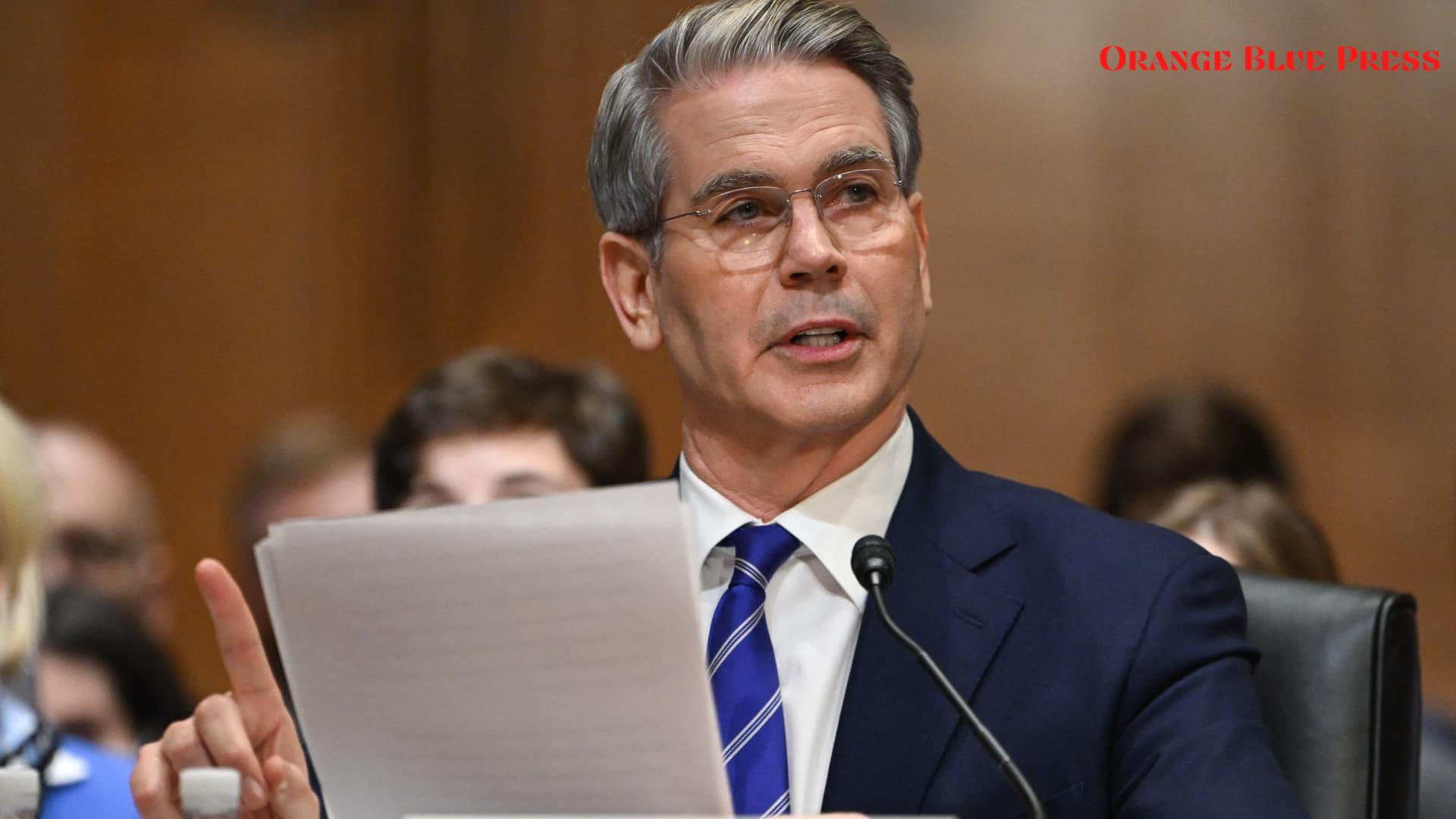The confirmation hearings for Scott Bessent, President Trump’s pick for Treasury Secretary, turned out to be quite the eye-opener. With big discussions about money and debt, Bessent painted a picture of the country’s struggles when it comes to spending and borrowing.
Major Spending Issues
During his time in front of the Senate, Bessent made some serious points about how the U.S. is facing a spending problem, rather than just a loss of revenue. He brought up that the country’s deficit—the amount that the government spends over what it collects—is on a worrying rise. To illustrate his concerns, Bessent shared a shocking statistic: the three-month deficit for the fiscal year 2025 has reached a colossal $710.9 billion, which is $200 billion more than the same time last year. That’s an increase of nearly 39.4%!
How Bad is the Debt?
Bessent noted that this type of deficit is something we generally see only during wars or major recessions. He explained that the national debt has ballooned to over $36 trillion, which is an enormous number that can be hard to grasp. He emphasized that to handle past crises, the government often had to borrow money to keep things running smoothly, creating an ongoing cycle of debt that merits serious attention.
Debt Ceiling Dilemma
Another important topic discussed was the debt ceiling—the limit set by Congress on how much money the government is allowed to borrow. Senator Elizabeth Warren asked Bessent about his thoughts on possibly eliminating this ceiling. Bessent didn’t directly commit to the idea but mentioned that he would be open to working with President Trump to reform this aspect of fiscal policy if he gets confirmed.
Warren, who is in favor of eliminating the debt ceiling, reminded everyone that Trump had previously supported this move, indicating that this may not be a straightforward issue as the politicians navigate their plans for the economy.
What’s Next?
As the confirmation process continues, Bessent’s responses underline the critical conversations that are happening regarding U.S. finances. It’s clear that many senators, both for and against Trump’s policies, are keeping a close eye on how these changes will impact everyday Americans. With many in Congress eager to take action on these financial concerns, it may lead to exciting developments in the very near future.
| Fiscal Year | Three-Month Deficit | Change from Last Year |
|---|---|---|
| 2025 | $710.9 billion | $200 billion (39.4% increase) |
American Society and Government Spending
Scott Bessent’s insights offer a glimpse into the complex relationship between government spending and the economy. As kids might hear their parents discussing family budgets and the importance of saving, Bessent’s testimony illustrates how similar principles apply on a much larger scale. The government, just like families, needs to manage its money wisely—not just to survive but to thrive.
So as we keep watch on these proceedings, it’s essential for everyone, especially young people dreaming of future roles in politics or finance, to understand these basic concepts of spending, saving, and borrowing. The choices made by leaders today may shape the financial realities they will face tomorrow.




















